Taimali Township (太麻里) is about 15km south of Jhihben Township (知本) in Taitung County, a glorious ride along the electric blue Pacific coastline. Having spent several days scouting out the upper reaches of the Jhihben River gorge for possible camera trap locations for Formosan clouded leopards (Neofelis nebulosa), a friend and I decided to explore the next river drainage to the south.
The Taimali River gorge is yet another remote and relatively unknown wilderness area of Taitung County that has likely never been properly surveyed for wildlife, and this is certainly the second place that I plan to search for clouded leopards, once the cameras come and permission is granted. There are no signs to guide the curious into the Taimali River gorge; one needs a sense of direction and some luck.
But my sense of direction didn’t fail me. The narrow road shrank, becoming potholed and overhung with foliage, then turned to stone and then to dust. I had to ask my friend to hop off while I navigated the steep dirt path down to the rocky riverbed, where I parked and locked the scooter.
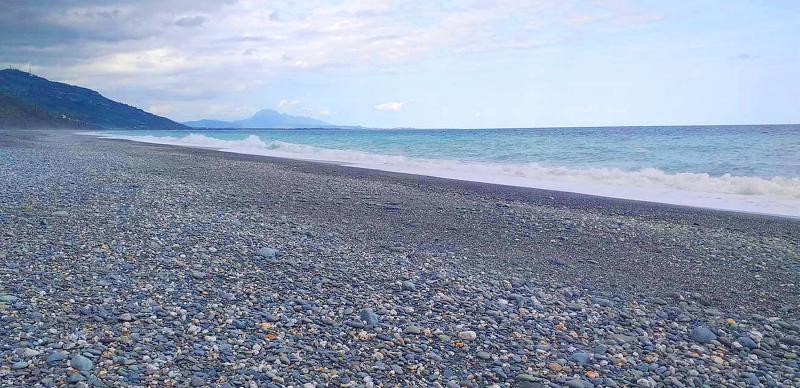
Photo: Gregory McCann
PARADISE FOUND
Suddenly the vista opened up. A deep and swift river cut a meandering channel through the wide valley, and this we had to cross numerous times. Thick, gorgeous forest lined both sides of the valley, and though we noticed the faint outline of jeep tracks, one got the sense that this place was rarely visited by people. Hiking upriver, a high, goldish mountain loomed invitingly in the distance. Yes, we could envision clouded leopards here.
We found scat belonging, most likely, to yellow-throated marten, and macaques crashed around in the canopy above us. And then, in the distance, dust began to kick up. Was it a black bear or clouded leopard fleeing evil humans? No, it was a jeep, coming straight toward us. How that vehicle could cross the deep channels without flooding the engine, I had no idea, but we waited on the side where they apparently had to cross.
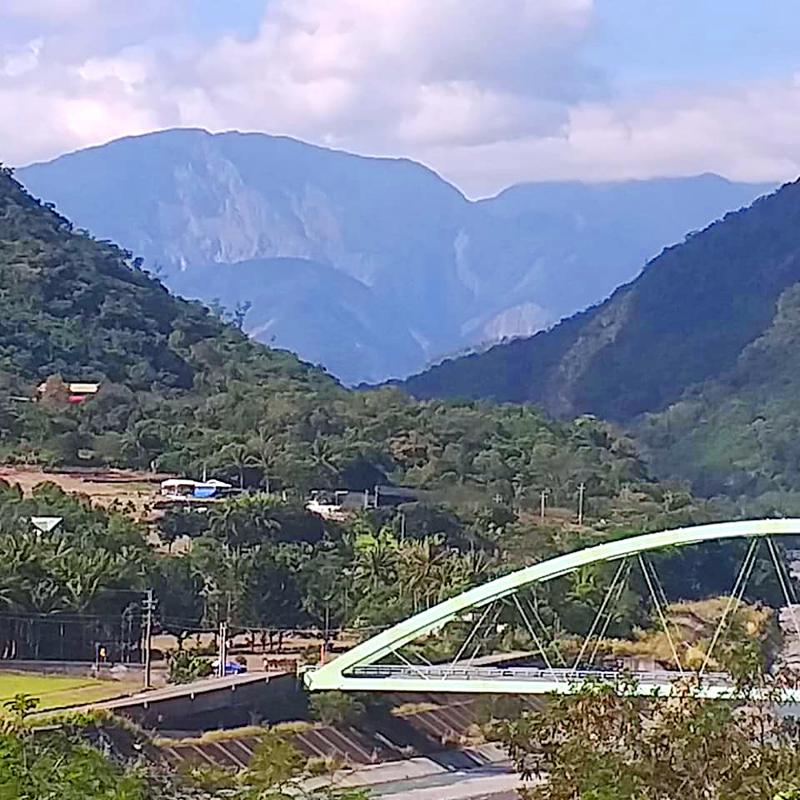
Photo: Gregory McCann
They made it across, and stopped. I spoke with the driver and my friend spoke with the passenger. A new double-barreled shotgun rested in the back seat. There was little doubt in my mind that they had been out in the bush setting or checking snare traps, that they were hardened poachers and that they had butchered a few black bears in their time.
Wildlife protection laws seem to be casually enforced in these parts. Poachers enter valleys such as these at night and, using spotlights, shoot at anything with glowing eyes. Flying squirrels and masked palm civets would be among their main quarry.
Taiwan doesn’t offer similar levels of support for conservation as can be found in other countries. To provide some perspective, NGO’s operating in Cambodia removed over 250,000 snares during a five-year period last decade, thanks to the tireless efforts of Wildlife Alliance, WWF and WCS.
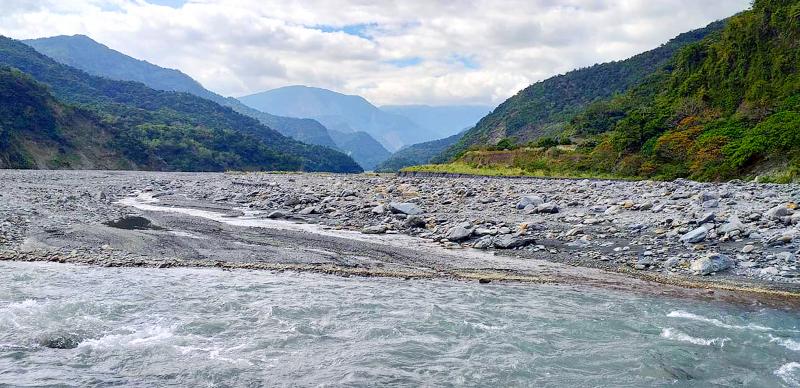
Photo: Gregory McCann
People will say that poaching is difficult to control in such areas, but I think the opposite is true. There is just one way in, and one way out. Police could easily set up an ambush on that narrow road, and nab transgressors. As it stands, it appears that poachers can operate with impunity here, depleting a gorgeous ecosystem of its wildlife.
The passenger refused to look at me, possibly because I was wearing a shirt with a clouded leopard on it and they might have assumed we were conservationists working for an NGO, and possibly because I was hiking in my underwear — I’d forgotten my shorts back at the guesthouse and didn’t want to get my jeans wet. The gentleman who I was engaged in conversation with had a difficult time maintaining eye contact. Did this area still harbor clouded leopards? He looked blankly at the steering wheel while chewing betel nut. Black bears? Yes, in all the surrounding hills, he replied.
I asked for a cigarette and he gave me one. They informed us that there was an undeveloped hot spring a four-hour hike upriver, and soon after they left us.
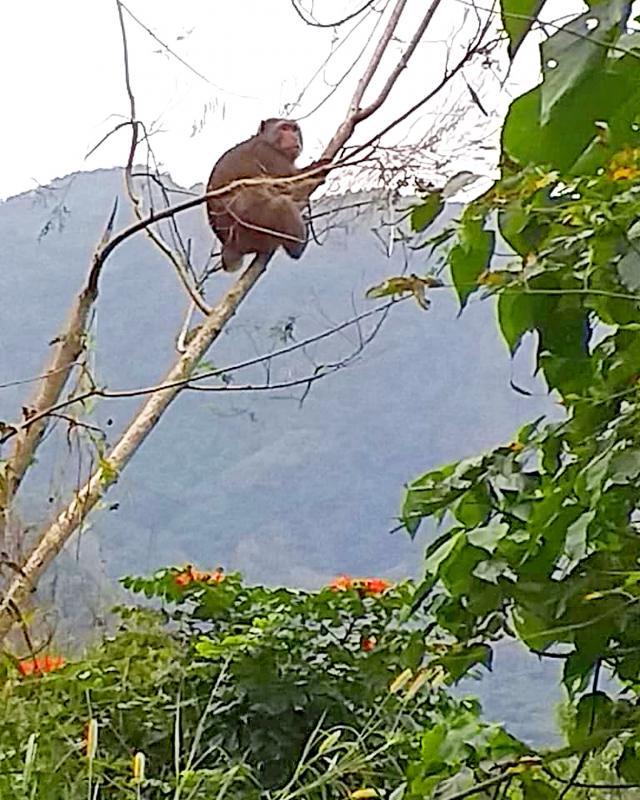
Photo: Gregory McCann
UNPROTECTED RIVER
We continued to hike upriver, making our way up the scorching valley. There was no way we would make it to the huge mountain in the distance before nightfall, and we didn’t have our tent with us.
Like the Jhihben River gorge to the north, the Taimali River valley enjoys no official protected status. The difficulty of access, its relative remoteness and the health of the forest and river mean that Taiwan’s complete mammal community likely resides here, everything from yellow-throated martens to pangolins to black bears and — if they still exist — clouded leopards. And yet virtually no one knows about this place; or, perhaps it should be said — the wrong people know about it.
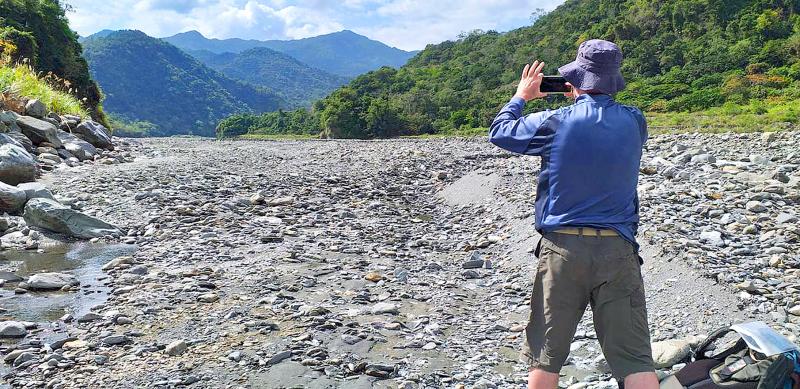
Photo: Gregory McCann
We decided to head back, vowing to return for a multi-day hike to scout out those wild hot springs and a possible route to the high mountain calling in the distance. I worried that perhaps the men in the jeep would sabotage my rented scooter for some reason or other, but they left it unmolested.
“Honor among thieves,” my friend quipped.
No doubt a dozen camera traps or so set in the right places would easily prove that the Taimali Gorge is a great wildlife refuge, and possibly home to the clouded leopard. And like the other valleys we explored in this overlooked region, it is need of urgent protection. We’ll be back.

This month the government ordered a one-year block of Xiaohongshu (小紅書) or Rednote, a Chinese social media platform with more than 3 million users in Taiwan. The government pointed to widespread fraud activity on the platform, along with cybersecurity failures. Officials said that they had reached out to the company and asked it to change. However, they received no response. The pro-China parties, the Chinese Nationalist Party (KMT) and Taiwan People’s Party (TPP), immediately swung into action, denouncing the ban as an attack on free speech. This “free speech” claim was then echoed by the People’s Republic of China (PRC),

Exceptions to the rule are sometimes revealing. For a brief few years, there was an emerging ideological split between the Democratic Progressive Party (DPP) and Chinese Nationalist Party (KMT) that appeared to be pushing the DPP in a direction that would be considered more liberal, and the KMT more conservative. In the previous column, “The KMT-DPP’s bureaucrat-led developmental state” (Dec. 11, page 12), we examined how Taiwan’s democratic system developed, and how both the two main parties largely accepted a similar consensus on how Taiwan should be run domestically and did not split along the left-right lines more familiar in

As I finally slid into the warm embrace of the hot, clifftop pool, it was a serene moment of reflection. The sound of the river reflected off the cave walls, the white of our camping lights reflected off the dark, shimmering surface of the water, and I reflected on how fortunate I was to be here. After all, the beautiful walk through narrow canyons that had brought us here had been inaccessible for five years — and will be again soon. The day had started at the Huisun Forest Area (惠蓀林場), at the end of Nantou County Route 80, north and east

Specialty sandwiches loaded with the contents of an entire charcuterie board, overflowing with sauces, creams and all manner of creative add-ons, is perhaps one of the biggest global food trends of this year. From London to New York, lines form down the block for mortadella, burrata, pistachio and more stuffed between slices of fresh sourdough, rye or focaccia. To try the trend in Taipei, Munchies Mafia is for sure the spot — could this be the best sandwich in town? Carlos from Spain and Sergio from Mexico opened this spot just seven months ago. The two met working in the